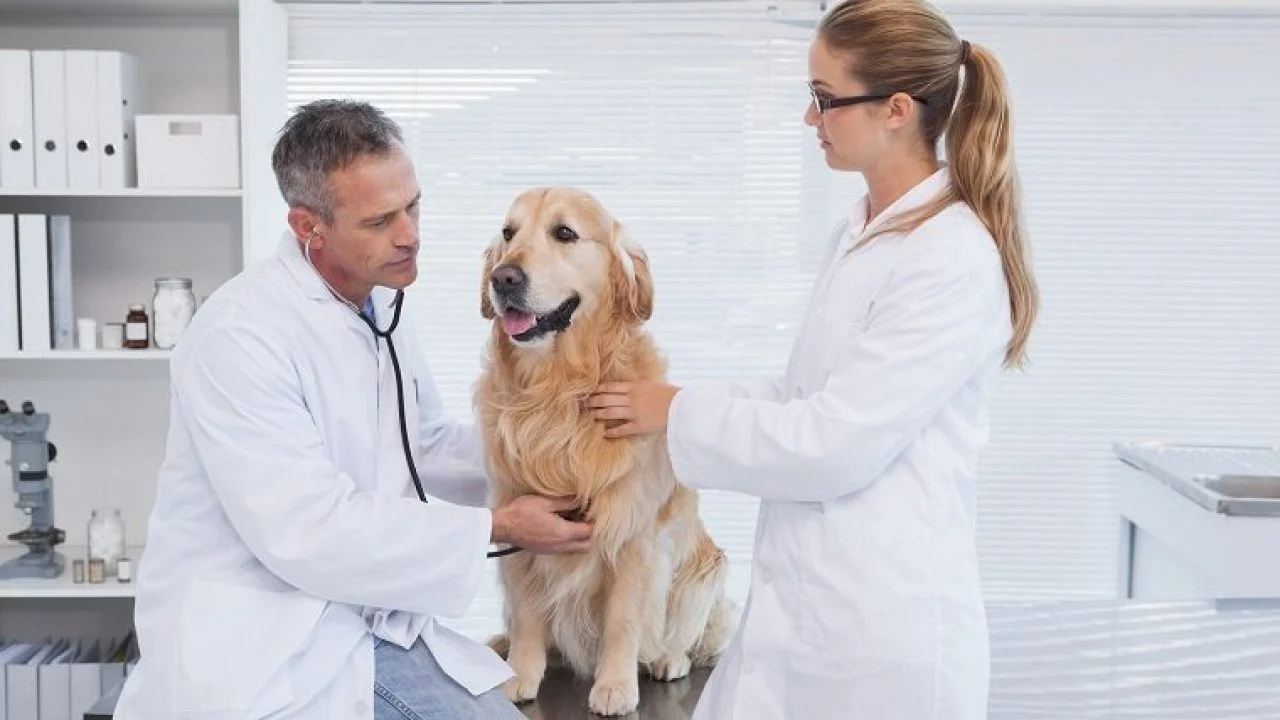Irregular heartbeat in dogs is fairly common, and it isn’t always a cause for concern. An irregular heartbeat on occasion may not cause any other health issues. An abnormal variation in the cycling of impulses that regulate the heart’s beating action causes arrhythmia, which results in an irregular rhythm.
It’s possible that the heart beats too quickly, too slowly, or skips beats. The heartbeat of dogs is similar to that of humans in that it increases during exercise and decreases during rest. Because their hearts beat much faster than yours, what you perceive as a rapid heart rate in your dog may actually be a normal heart rate. It can be difficult to detect in your dog, and it is usually discovered during a routine evaluation.

Arrhythmia, or irregular heartbeat, is an abnormal electrical activity pattern in the heart muscle. Canine arrhythmia is defined as any disturbance or variation in a dog’s normal heart rate or rhythm. Stretch receptors in the lungs, pressure-volume sensory receptors in the heart, blood vessels, and chemical factors in the blood all play a role in arrhythmia.
Although blood flow is usually unaffected, severe sinus arrhythmia can cause a long enough pause in the heart’s beating action to cause loss of consciousness if it is not accompanied by an escape rhythm. All through inhalation, responses from the respiratory and cardiac centers cause cardiac acceleration by reducing restraints on the vagus nerves; on the other hand, during exhalation, responses from the respiratory and cardiac centers cause cardiac deceleration by increasing restraints on the vagus nerves.
This is a fairly common condition in dogs. Many dogs live completely normal lives with no signs or symptoms of heart problems; however, irregular heartbeats can be a sign of serious health problems. Arrhythmia in dogs is an abnormality in the heart’s rhythm that can be caused by congenital issues, injuries, infections, stress, and a variety of other factors. If your dog exhibits signs of an abnormal heartbeat, you should consult a veterinarian to rule out any underlying health issues and start treatment.
Table of Contents
Causes of Irregular heartbeat
Arrhythmia in dogs can be caused by a variety of conditions, some of which are relatively harmless and only require monitoring, diet management, and maintaining a healthy lifestyle. Although an irregular heartbeat can affect dogs of any age, sex, or breed, certain breeds are more susceptible to certain types of arrhythmia. An irregular heartbeat can be caused by a hidden disorder such as abnormal electrolytes, systemic disease, heart disease, injuries, or infection in some cases.

Abnormal heartbeats in dogs can be caused by a variety of factors, including:
- Pressure within the skull
- Gastrointestinal disease
- Diseases of the vagus nerves
- Cerebral disorders
- Respiratory disease
- Toxic exposure
- Electrolyte imbalance
- Congestive heart failure
- Injuries
- Infections
- Environmental stress
- Heart disease
- Congenital heart abnormalities
Symptoms of Irregular heartbeat in dog
Arrhythmia in dogs is characterized by irregular heartbeats, which you may notice when checking your dog’s pulse or which a veterinarian may discover during a routine exam.
The heart may beat too fast or too slowly, the beats may not be strong enough, the beats may have an irregular rhythm or occasionally skip beats, or the arrhythmia may include multiple abnormalities.
The symptoms of abnormal heart breathing are listed below
- Fainting
- Reduced ability to exercise
- Breathing problems
- Coughing
- Fatigue
- Dizziness
- Fast heartbeat
- Slow heartbeat
- Weakness
Diagnosis of Abnormal heartbeat in dog
Your veterinarian will perform a thorough physical examination, including listening to your dog’s heart and checking other vital signs. It’s critical to provide the veterinarian with as much information as possible about what brought you to the clinic, when the symptoms began, and how frequently you’ve seen them.

Other tests to diagnose your dog’s irregular heartbeat will be performed by the veterinarian, including:
- An ECG (electrocardiogram)
- Atropine response
- CBC
- Blood chemistry panel
- Blood gases
- Urinalysis
- Electrolytes
- Echocardiogram
- Chest radiographs
Treatment
Arrhythmia in dogs is treated differently depending on the severity of the condition and the underlying causes. If the condition does not pose a health risk, some dogs may not require any treatment at all. Other cases can be fatal or indicate the presence of heart disease. Veterinarians may prescribe certain medications to treat abnormal heartbeats in dogs. Surgical options are available in some cases.




